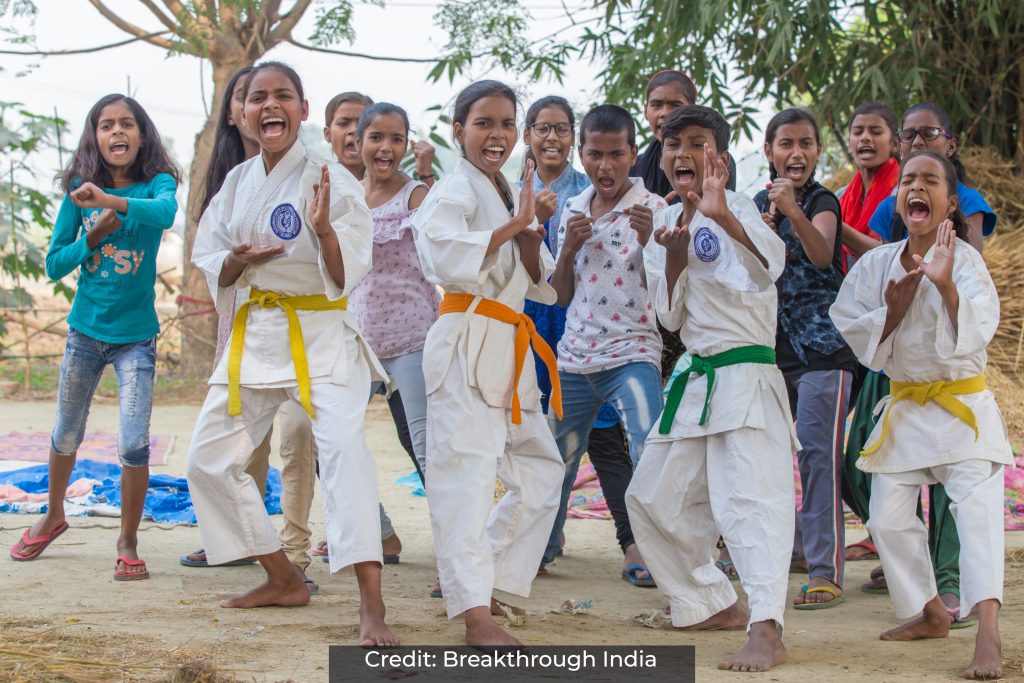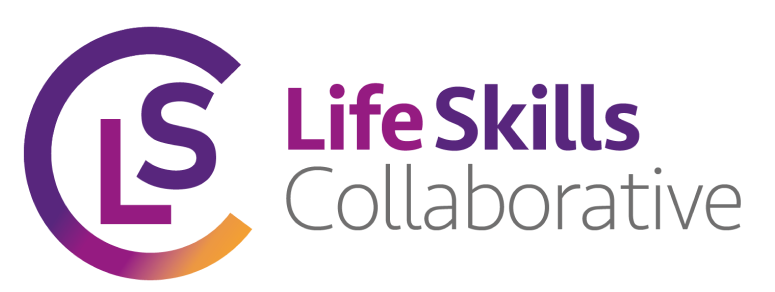- /
- /
-
India needs a Life Skills Glossary to take the conversation forward
India needs a Life Skills Glossary to take the conversation forward
The wisdom to face uncertainty and adapt are creative abilities that all of us can benefit from. However, unless an individual has essential life skills, such an ability will not emerge. The high level of uncertainties along with a fast-paced and highly competitive life demands life skills as the only adaptability for young people today.
Life skills are vital processes that help a person navigate through familiar, unfamiliar, and challenging contexts with a sense of personal confidence, social conscience, and professional competence.
Changing Education Landscape
The education ecosystem around the globe understands the importance of life skills. Nations are creating learning frameworks and vocabulary that define context-specific essential life skills to empower young people. Through the National Education Policy (NEP) 2020, India too is on the path of transforming education.
NEP 2020 aims to provide high-quality educational opportunities to young people. The NEP highlights the need for focus on creativity, critical thinking and life skills such as communication, teamwork, and resilience. The policy reflects the global education development agenda of 2030 through Sustainable Development Goal 4. The goal ensures inclusive and equitable quality education and promotes lifelong learning opportunities for all.
To inculcate the spirit of lifelong learning, it’s crucial to have life skills that keep students inquisitive in the long run. Through life skill education, students devise new ways of thinking that assist in solving problems in their day-to-day life. They learn to communicate, collaborate, analyse, empathise, and make decisions that foster positive behaviour.
Need for a Life Skills Glossary
Varied social, cultural, and environmental contexts raise situation-specific capabilities relevant to a particular ecosystem, suggesting the need for context-specific life skills. To introduce a life skill-focused curriculum, we need a common vocabulary on life skills that highlights the key definitions, related skills, situations for the Life Skills to use, and other phrases/terms (in regional languages).
A glossary serves as a reference point to discuss life skills in specific terms, in specific contexts as well. While we understand what these life skills mean in general, it is important to understand what they mean specifically for an Indian context. Therefore, making it easier to have insightful conversations and discussions.
Essential Life Skills like decision making, critical thinking, creative thinking, coping skills, etc., are understood well, with pre-defined terms. Therefore, making it easier to have insightful conversations and discussions.
LSC’s Life Skill Glossary Version 1.0
Glossary 1.0 by Life Skills Collaborative (LSC), is more than just definitions to understand life skills. The comprehensive list of 51 Life Skills dives deeper, touching upon the relevance, application, and commonly used phrases in regional languages. It highlights a set of skills needed by children for developing necessary personal capabilities, which fulfil their human potential and help them to adapt to a constantly changing environment.
The Life Skills Glossary is also much needed to accelerate the conversation around making life skills training a part of mainstream education for India’s young people. A comprehensively defined set of terms and definitions makes it easier to have insightful conversations and discussions with a commonly understood vocabulary. Explore the Life Skills Glossary here.
Currently, we are inviting feedback on the India Glossary. We are very keen to hear ideas and suggestions as we continue to make the India Glossary better and more relevant. We are accepting feedback till February 28, 2022. Please write to glossary@lifeskillscollaborative.in for any suggestions or questions.




